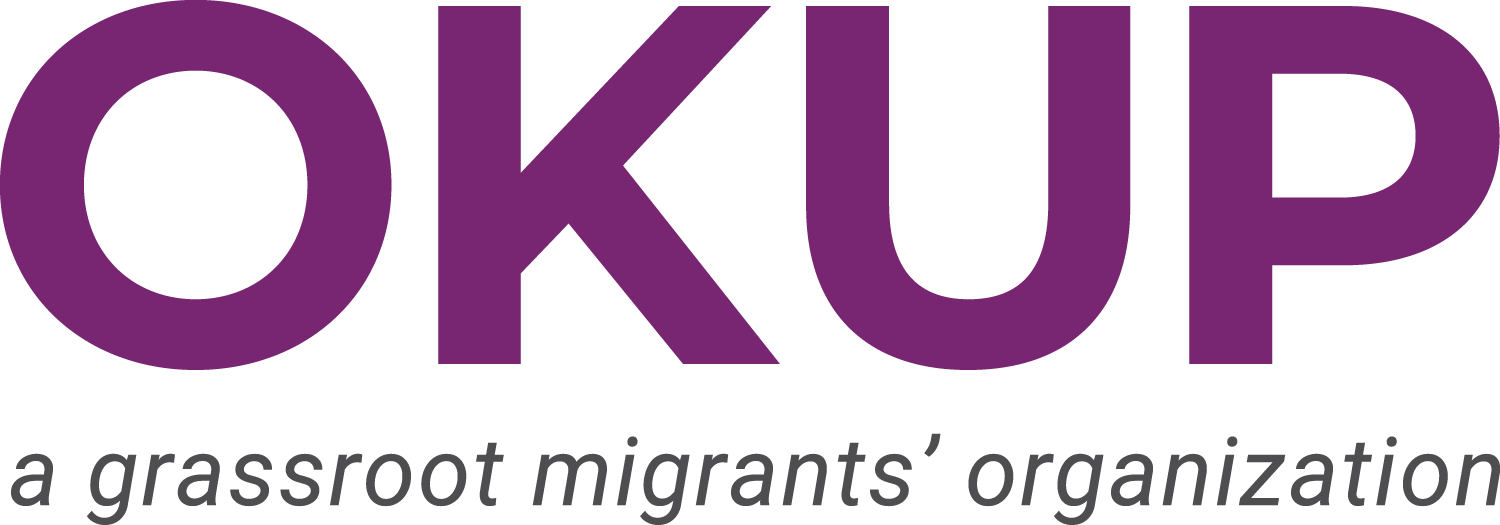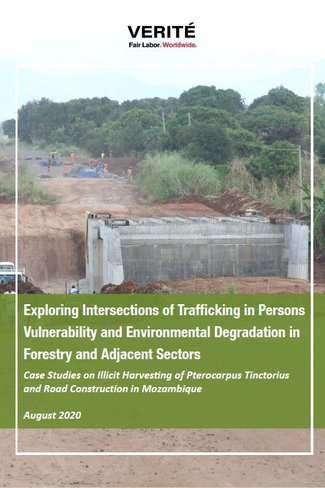Exploring Intersections of Trafficking in Persons Vulnerability and Environmental Degradation in Forestry and Adjacent Sectors (Tete, Mozambique)
2020
- Author
- Verité
- World region
- Sub-Saharan Africa
- Origin of migration
- Tete (e.g. Marávia and Macanga), in Mozambique neighbouring countries including Zambia, Malawi, and Zimbabwe
- Area of transit
- No data available
- Destination of migration
- Tete in Mozambique
- Who is affected
- Men
- Type of climatic event
-
Environmental degradation, Rapid-onset event
Cyclones cause flooding, displacement, loss and damage.
- Type of migration/mobility
-
Cross-border, Internal, Seasonal
Displacement can be triggered by deforestation resulting from illicit logging.
- Destination industry or sector
-
Logging
- Type of modern slavery
-
Child slavery, Debt bondage, Forced labour
- Link between climate change, migration and modern slavery
- Direct
- Key vulnerability factors
-
Vulnerability to modern slavery is increased by corruption, weak governance and weak capacity among authorities. High levels of food insecurity are further exacerbated by the effects of climate change. In this context, the environmental damage caused by extractive business activities can harm livelihood opportunities, increase debt and push individuals to migrate in search of alternative sources of income. This is especially the case when people are highly reliant on subsistence farming. With few other options, individuals end up working in environmentally harmful industries, where there is a high risk of modern slavery.
- Summary
-
These case studies demonstrate how workers in the forestry and related sectors may experience modern slavery and how deforestation can increase vulnerability to human trafficking. They focus on two provinces in Mozambique, Tete and Niassa, affected by deforestation as a result of illegal logging and construction respectively. Deforestation worsens climate change events and their negative effects on local communities. These communities are then driven to work in extractive and exploitative industries or to migrate in search of alternative livelihoods. Further exploration is needed of the mechanisms through which environmental degradation exacerbates poverty and, therefore, vulnerability to modern slavery in the logging industry. The report also recognises the link between consumer demand and deforestation and its negative impacts.
- Recommendations
-
Specific recommendations are made to five types of stakeholders. They include policy and legislative measures and training on how to identify human trafficking, particularly of children. Businesses should also be held accountable for transparency and traceability.



